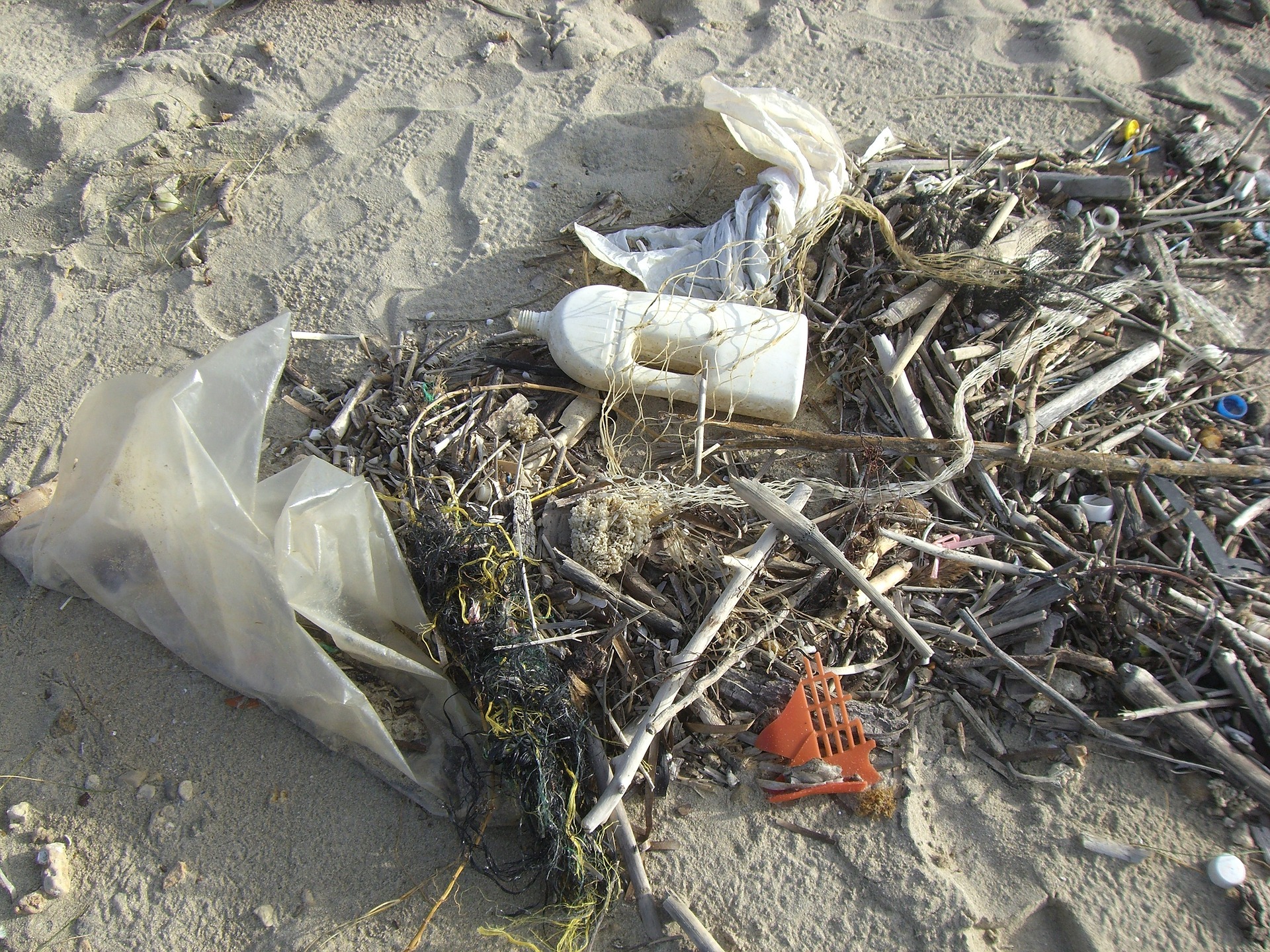In education today most school websites at some point make reference to school values. For some schools like faith-based ones, their values are likely to reflect those based on 'meta-narratives like the Bible or the Koran. Other schools might choose values based on normative beliefs within their community os stakeholders. In some jurisdictions, the values of the nation are also promoted as a framework. This is the case in England, where their Department for Education promotes what it terms as 'British Values'. For those unclear about what they are, they provide published materials to unpack the phrase.
All have a duty to ‘actively promote’ the fundamental British values of democracy, the rule of law, individual liberty, and mutual respect and tolerance of those with different faiths and beliefs.
Source: Published 27 November 2014 From: Department for Education England and Lord Nash
These constructs whether faith-based or constructed by agreement or government policy, invariably form a framework upon which personal decisions might be based. Many of these value frameworks form the basis of an agreed set of core beliefs or at the very least have the potential to influence our value judgments. They are often seen as useful in developing community cohesion.
The importance of learning to make value judgments
A value judgment is a judgment of the rightness or wrongness of something or someone, or of the usefulness of something or someone, based on a comparison or other relativity. For example, a value judgment can refer to a judgment based upon a particular set of values as indicated earlier or on a particular value system.
Some academics have argued that it is more important to make critical judgments about issues than value judgments. This idea though presupposes that the person making a critical judgment is not influenced by their background values. In reality, all critical thinking emanates from a value position. We approach a set of facts and look at them through the prism framed by our values.
It is a mistake to think of our minds as just running decision-making algorithms – we are much more complicated and idiosyncratic than this. How we arrive at conclusions, form beliefs and process information is very organic and idiosyncratic. We are not just clinical truth-seeking reasoning machines. Our thinking is also about our prior beliefs, our values, our biases and our desires.
Peter Ellerton Lecturer in Critical Thinking, The University of Queensland
I think that in order to really explore the skill of critical thinking fully, we must address value judgments. Most of the problems that young people will need to address are not black and white issues. They are complex and therefore they involve an interplay between our values and other components like argumentation, logic, psychology and the nature of science. I am sure there are more, This process though occurs within our own personal values framework. It is an active process that should be evident across the curriculum.
How does this actually work in the classroom?
What has traditionally been called environmental issues provide an excellent opportunity to explore this value judgement process? Young people will normally gravitate toward basic assumptions like pollution is bad dolphins are good. The same reaction occurs with the issue around plastics. It is, therefore, useful to explore complex issues rather than shy away from them. I have to commend Greenpeace for their excellent video on the subject of plastics in the ocean because they explore the complexity of the plastic issue in a way that will allow children to exercise their skills in making value judgments. As educators, we must also let children learn the skill of disagreement. This is an important skill in itself.
[embedyt] https://www.youtube.com/watch?v=Jis3uenOzU4[/embedyt]
[embedyt] https://www.youtube.com/watch?v=ju_2NuK5O-E[/embedyt]

